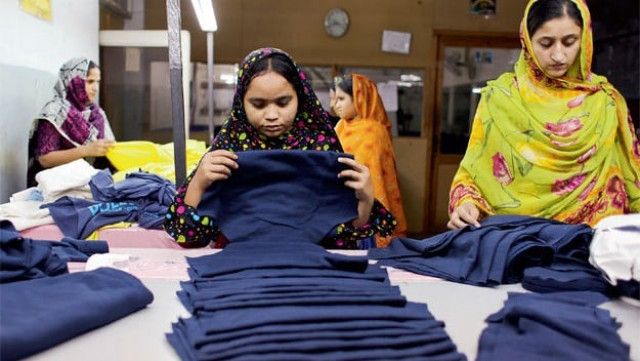Concerns in the textile sector
This is not the first time the textile sector has been involved in a tax issue

This is not the first time the textile sector has been involved in a tax issue. PHOTO: FILE
This is not the first time the textile sector has been involved in a tax issue. The zero-rated regime had originally been set aside by the government after it was reported that the sector was selling its tax-free goods in the domestic market, defeating the purpose of the zero-rated regime, which was to increase exports. However, the government decided that taxes would be refunded if textile exporters could show proof of having sold their merchandise in other countries, which on paper sounded like a doable endeavour. But, as is often the case in Pakistan, this tax remained in government coffers and would be used to inflate revenue figures, never to be refunded. The situation worsened to the point that the government even contemplated borrowing money to pay back these refunds. In such a system, where one step brings with it so many complications, it is nearly impossible to incentivise all sectors of the economy. There are bound to be losers. The government, on the other hand, feels it can achieve all its goals, without sacrificing on any one avenue. Basics tell us that to benefit one segment of the economy, some other sector has to bear the brunt. The textile sector seems to be a priority and that is why its grievances are still heard. But the country’s exports are unlikely to increase until massive changes occur in our taxation and bureaucratic systems.
Published in The Express Tribune, August 30th, 2016.
Like Opinion & Editorial on Facebook, follow @ETOpEd on Twitter to receive all updates on all our daily pieces.















COMMENTS
Comments are moderated and generally will be posted if they are on-topic and not abusive.
For more information, please see our Comments FAQ